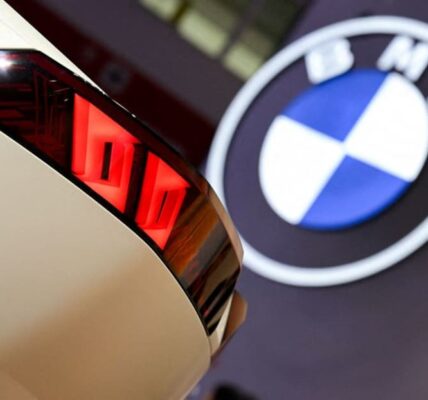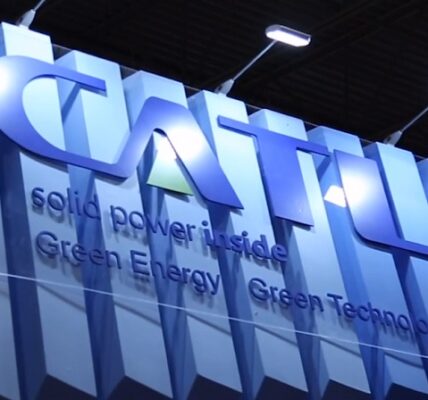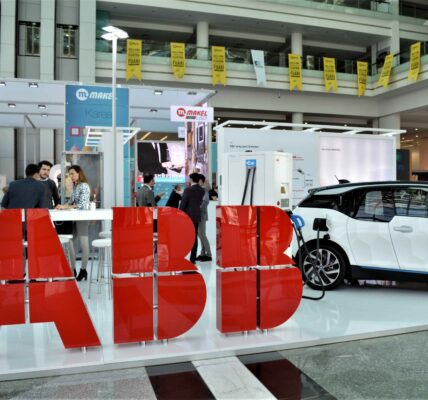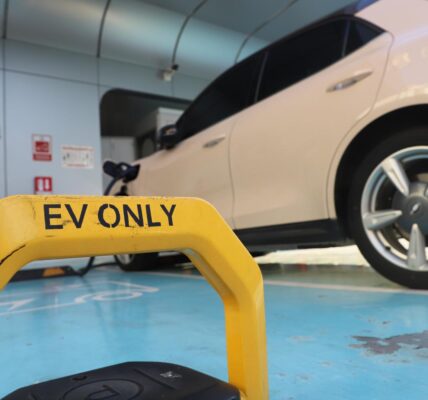India has blocked Chinese automakers from investing in India. This is expected to give Hyundai Motor Group of Korea reflective benefits as the Korean automaker is expanding its investments in India.
According to foreign media outlets including the Economic Times of India, Chinese electric vehicle maker BYD planned to build an electric vehicle and battery factory worth US$1 billion (about 1.27 trillion won) in India but the Indian government rejected it.
BYD initially planned to set up a joint venture with an Indian company in Hyderabad, India with an annual production capacity of 15,000 electric vehicles along with charging infrastructure and research and development (R&D) facilities. However, the Indian government rejected BYD’s proposal, citing security concerns, after receiving ministerial opinions about the investment proposal.
India has been increasingly engaging with the West, including joining the Quad, a U.S.-led security council aimed at holding China in check. Political tensions had also been high until recently, with a border dispute between the two countries in the northern Himalayan state of Arunachal Pradesh.
The Indian government’s dissenting stance on Chinese capital in the automotive industry is nothing new. In 2020, China’s GWM offered to buy General Motors (GM)’s Talegaon plant in India for US$300 million, but the offer was not accepted. GWM had planned to acquire the 160,000-unit-per-year plant to expand its global production network, but the Indian government’s refusal to approve the deal for more than two years smothered the plan. In the end, Hyundai Motor became the new buyer of the Talegaon plant. The Indian government also imposed an accounting probe a corporation of SAIC’s MG in India, forcing it to divest its stake.
The Indian government has a strong electrification drive, with a goal of increasing the share of electric vehicles to 30 percent by 2030. Its focus on excluding China from its efforts to become an EV production powerhouse is likely to continue, creating an opportunity for Hyundai Motor Group, which has a strong local business base in India. Currently, Hyundai and Kia are the top sales leaders among foreign manufacturers in the Indian auto market with a combined market share of about 20 percent. Including local player Maruti Suzuki, they are second.
Hyundai is also responding to the Indian government’s “Made in India” policy with a plan to invest 200 billion rupees in India over 10 years to expand its production capacity for future vehicles, including electric vehicles. To this end, Hyundai plans to convert its existing internal combustion engine car production line to an EV line and build a new production facility capable of assembling 178,000 EV battery packs annually. By 2028, the company plans to introduce six electric vehicles, including the IONIQ 5, and install about 100 EV charging stations on major highways in India.
Hyundai completed its local production base in Chennai of India in 1998 and currently produces about 760,000 vehicles a year at the base. Future expansions and the finalization of the acquisition of GM’s Talegaon plant in India will ramp up its capacity to one million units per year.







